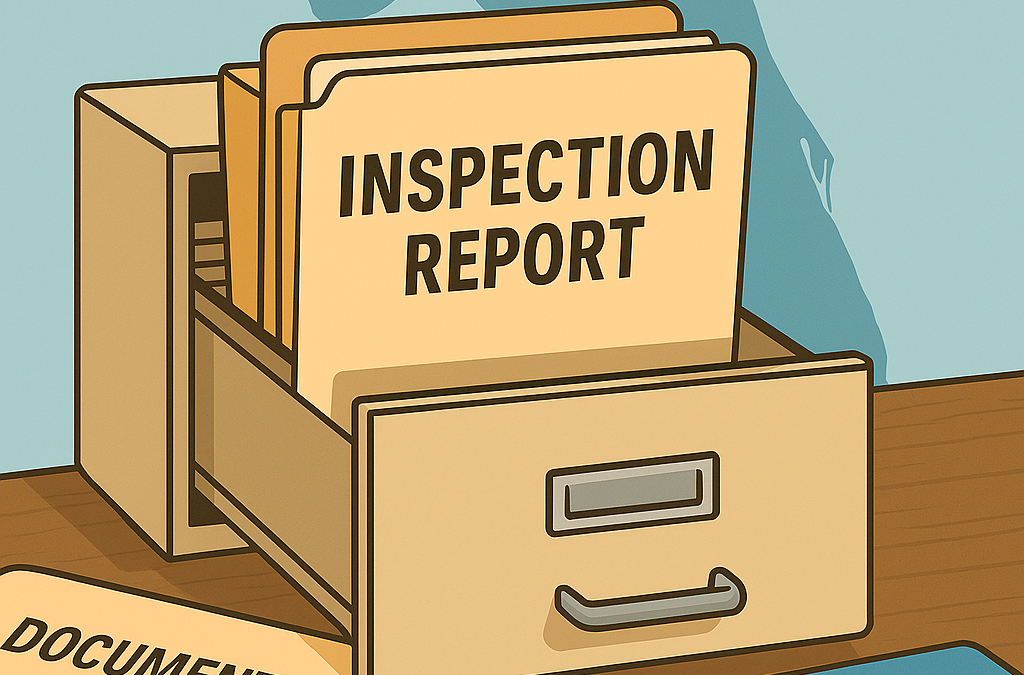AHCA Sample Inspection Report Summary: First Quarter 2025
NOTE: There is no identifying information about the facility, staff, or residents found in the summary. Information is taken from public records and is provided to raise awareness for Assisted Living Facility administrators, staff members, residents, and other concerned parties.
Survey Overview
An unannounced relicensure and generator monitoring survey was conducted in early 2025. Multiple deficiencies were identified across eight regulatory areas, but all were classified as Category III deficiencies, or issues with potential for minimal harm to residents or staff.
Key Deficiencies
1. Resident Health Monitoring
● Health assessments were not updated after a resident developed a pressure injury.
● No documentation of wound status, stages, or revised care plans following the injury’s onset.
2. Social & Leisure Activities
● Weekly activity calendar lacked times and had gaps in scheduled days.
● Observed activity sessions were brief, and some residents had no engaging opportunities.
3. Medication Assistance Practices
● Stff did not consistently observe residents swallowing medications.
● Medications were recorded as given despite being discontinued or unavailable.
● Residents received multiple pills at once, some on an empty stomach contrary to orders.
4. Medication Recordkeeping
● Medication Observation Records (MORs) contained pre-initialed entries and missing initials.
● Multiple residents had undocumented missed doses, refusals, or errors.
5. Staffing Health Clearance
● One employee had no health-clearance statement within six months of hire.
● Annual health screenings for communicable diseases were not documented for at least one staff member.
6. Preservice & In-Service Orientation
● New staff lacked documentation of the required 2-hour preservice orientation before resident contact.
● Mandatory in-service training on emergency procedures (including elopement response) was missing for some direct-care staff.
7. Medication Training Requirements
● Staff assisting with self-administered medications had not completed the annual 2-hour update training.
● Initial 6-hour training on assisted self-administration lacked follow-up on advanced skills (e.g., feeding tubes, CPAP assistance, blood glucose testing).
8. Elopement & Special Policy Training
● Direct-care employees did not receive required training on the facility’s elopement prevention and response policies within 30 days of hire.
Additional Insights
● Facilities must implement a robust Plan of Correction addressing each deficiency with timelines, responsible parties, and monitoring processes.
● Regular audits of health assessments and MORs help catch documentation gaps early.
● Establishing a staff training calendar ensures mandatory orientations and updates occur on schedule.
● Integrating resident feedback into the activity calendar promotes engagement and compliance with the 12-hour weekly requirement.
Updated: August 4, 2025

